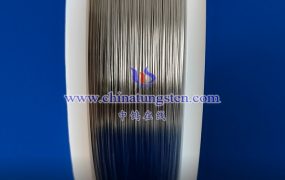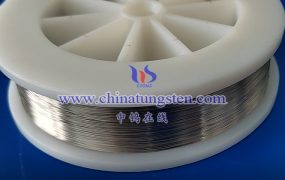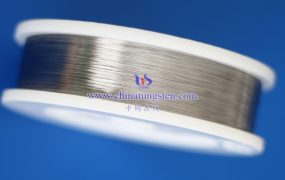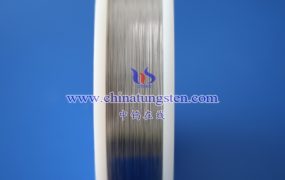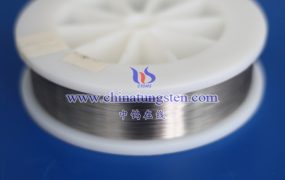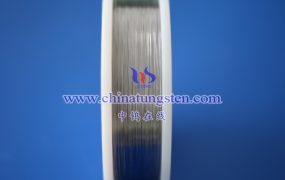Tungsten wire for textiles weaving gloves and titanium wire each have their own advantages. Which one is more suitable for braiding depends on the specific requirements of the application, such as temperature, strength, weight, corrosion resistance, etc. The following is a comparison of the two in braiding applications:
- Strength and toughness
Tungsten wire: Tungsten wire has very high strength and hardness, especially at high temperatures, it can still maintain its structure and mechanical properties. However, tungsten wire is relatively brittle and easily broken, making it unsuitable for applications that require high toughness.
Titanium wire: Titanium wire has a good balance between strength and toughness. Although titanium is not as strong as tungsten, it is more ductile and less likely to break, making it suitable for braiding applications that require a certain degree of flexibility and impact resistance.
- Weight
Tungsten wire: The density of tungsten is very high (about 19.25 g/cm³), making tungsten wire relatively heavy. Tungsten wire may not be ideal for braiding applications that require lightweight.
Titanium wire: The density of titanium is much lower than that of tungsten (about 4.51 g/cm³), and it is light but strong, making it suitable for weight-sensitive braiding applications such as aerospace and medical devices.
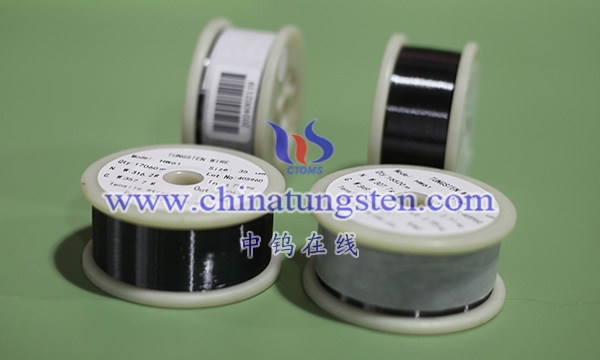
- High temperature resistance
Tungsten wire: Tungsten has an extremely high melting point (about 3422°C), making it suitable for braiding applications in extreme high temperature environments, such as high-temperature furnace mesh or heat shielding materials.
Titanium wire: Titanium has a low melting point (about 1668°C), but it still performs well in most common high-temperature environments, and has good heat resistance and oxidation resistance, making it suitable for use in medium and high temperature environments.
- Corrosion resistance
Tungsten wire: Tungsten has weak resistance to oxidation and corrosion, especially at high temperatures, and needs to be used in an inert gas or vacuum environment to avoid oxidation.
Titanium wire: Titanium has excellent corrosion resistance, especially in seawater, acidic environments and oxidizing environments, and is widely used in braiding applications in corrosive environments.
- Machinability
Tungsten wire: Tungsten is difficult to process, especially in the braiding process. Due to its high hardness and brittleness, tungsten wire is not easy to bend or shape, and the braiding process is more difficult.
Titanium wire: Titanium wire is easier to process and shape, has good ductility and flexibility, and is suitable for use in the braiding process, especially in complex or fine braided structures.
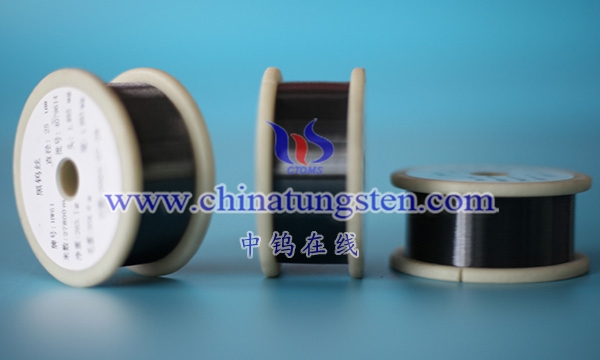
- Applications
Tungsten wire: Suitable for braiding applications with extreme high temperatures, high strength but weight is not a key factor, such as high-temperature filters and thermal shielding materials.
Titanium wire: more suitable for braided applications that require corrosion resistance, lightness and a certain toughness, such as medical implants, aerospace parts, marine equipment, etc.
Summary
Tungsten wire is more suitable for: braided applications that require extreme high temperatures and high strength, but its brittleness and weight may limit its use in some applications.
Titanium wire is more suitable for: braided applications that require light weight, corrosion resistance, and good flexibility, especially in braided structures that require more flexibility and durability.
More details of tungsten wires, please visit website: http://tungsten.com.cn/tungsten-wires.html
Please contact CHINATUNGSTEN for inquiry and order of tungsten needles:
Email: sales@chinatungsten.com
Tel.: +86 592 5129595
